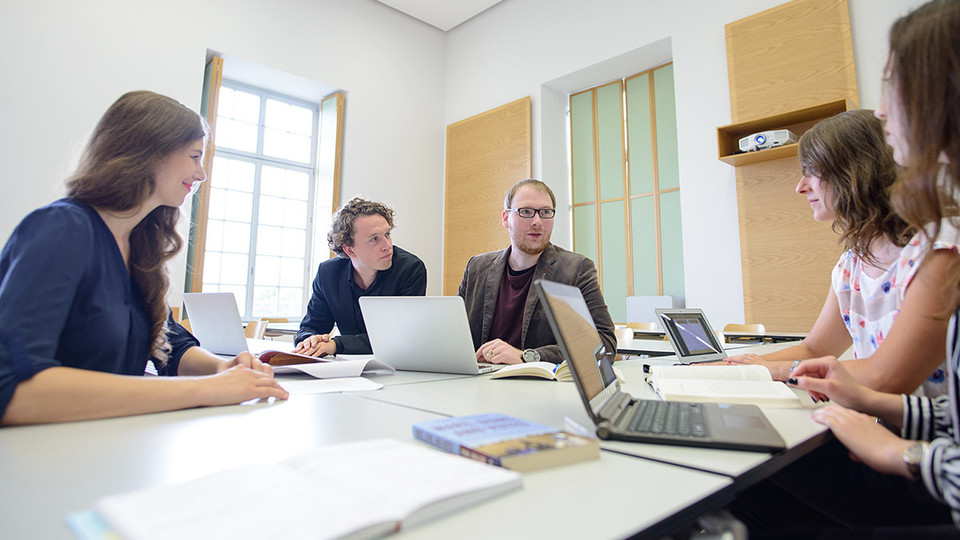University of Mannheim Receives Funding for Implementation of Training Program “Cultural Innopreneurship”

On 1 November 2020, the University of Mannheim partnered with six universities from six different countries to create the ENGAGE.EU European University which aims to provide innovative teaching and research and involve the wider public in their work. In order to achieve their goals, the University of Mannheim now receives additional funding from the DAAD as part of the accompanying national program of the EU’s European Universities Initiative.
Some funds will be allocated to the development of the English certificate program “Cultural Innopreneurship” at the University of Mannheim. The certificate program addresses not only students and employees of the University of Mannheim and the ENGAGE.EU partner universities but also external professionals working in cultural institutions such as museums, for instance. Hence, the certificate program is also considered a training program. It is composed of different microcredentials combined in modules which can be completed separately or altogether leading to a Diploma of Advanced Studies. Enrollment for the certificate program “Cultural Innopreneurship” will be possible in the fall semester 2023, at the latest.
Participants of the certificate program will be trained in three priority areas: In the area of “Cultural Entrepreneurship”, people working in the cultural sector and considering self-employment will learn methods usually taught in entrepreneurship education programs. Students of business administration will be prepared for a job in the cultural sector which can differ widely from the business sector. The focus in the area of “Cultural Intrapreneurship” will be on the potential for change within established cultural institutions. The third priority area “Cultural Innopreneurship” will take a closer look at the potential for innovation when it comes to working across sectors at the interface between business, science and culture. Cooperations with renowned cultural institutions like the Reiss-Engelhorn-Museen Mannheim foster the planned exchange just as much as the experienced teachers from different disciplines.
In addition, the DAAD funds the development of the digital student management system. The subproject aims at creating an ENGAGE.EU campus and individual Learners Accounts in order to ensure that, with increasing international mobility, academic achievements can be compared and recognized.
